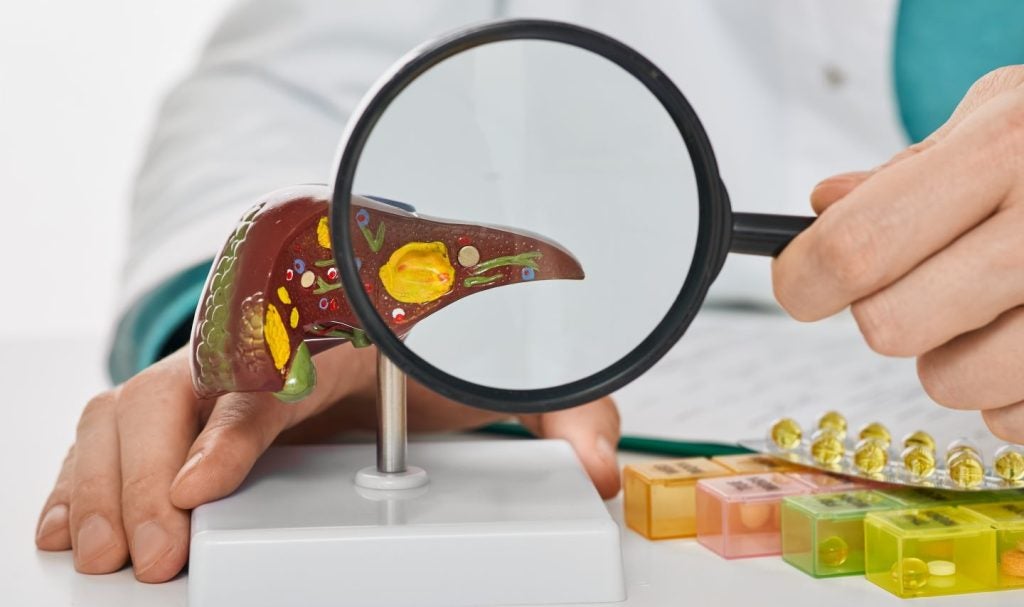As the dust settles on the tragedy that occurred in France where one patient died in a Phase 1 clinical trial, the details over how it happened are yet to be revealed. Naturally, questions have been asked and initial responses from the industry have been mixed. Some experts have been quick to lament what was "a terrible outcome," while admitting it’s too soon to know if errors were made or if it was just "a horrible accident."
Conversely, others are questioning how such a tragedy could happen, given all we know and are learning about genetics and genomics. But ultimately, most are concerned over whether all the measures were carried out to ensure the safety of the patient.
"If these kinds of things are happening then how can we prevent them from happening in the future?" said one clinical professional, who spoke on condition of anonymity. "A question also needs to be asked of what are we not doing in terms of safety to prevent this? Does the protocol or monitoring need changing?"
Regardless of what happened, as more information comes to light, it’s critical the industry takes stock and assesses the implications of the failed clinical trial, from a safety perspective. While it can be easy to take the armchair approach and judge from afar, it’s important to analyse what happened once all the facts have been revealed.
What will be interesting to gauge is what impact the incident might have on patient recruitment. Some experts have revealed to CTA that it could affect patient enrolment, at least in the short term. Furthermore, it is feared that the tragedy in France will only exacerbate the many myths and misconceptions surrounding clinical trials.
See Also:
"It is bad news for the industry as it will only make recruiting slightly more difficult. I say ‘slightly’ because participation rates in Phase 1 clinical trials are already very low," said patient advocate, Jack Whelan.
How well do you really know your competitors?
Access the most comprehensive Company Profiles on the market, powered by GlobalData. Save hours of research. Gain competitive edge.

Thank you!
Your download email will arrive shortly
Not ready to buy yet? Download a free sample
We are confident about the unique quality of our Company Profiles. However, we want you to make the most beneficial decision for your business, so we offer a free sample that you can download by submitting the below form
By GlobalDataAdditionally, what the failed clinical trial also highlights is the seemingly fine margins sponsors and CROs are working under to make sure the patient is safe, particularly in Phase 1 studies. Experts say that, by their nature, Phase 1 trials pose the greatest risk to participants. What’s more, there appears to be a fundamental problem in Phase 1 clinical trials – sponsors are not obliged to disclose their results, both in the US and Europe. Once again, the age-old issue of clinical trial transparency rears its head.
"I believe all outcomes, positive or negative should be reported as this represents good research data," Whelan said. "Did the lack of access to other similar Phase 1 outcomes impact this research?"
Whelan raises an important point that could be indicative of a wider problem. Does the lack of access to trial information suggest there’s a deep-rooted problem in the way clinical research is conducted? There’s definitely an argument to be had that if the results of all first-in-man studies were shared in a public database, all failed trials would inform sponsors looking to initiate trials of similar drugs.
"The issue is the research system doesn’t really work the way people think," said Deborah Collyar, president, Patient Advocates in Research. "Even the word ‘System’ suggests a coordinated operation that moves smoothly from one acknowledged step that has standards and has been thoroughly vetted, to the next logical step. If only!"
Whelan agrees adding the industry has almost become "too research centric" and that it needs to become more patient centric. Nevertheless, he’s quick to concede the industry has become increasingly regulated almost to a point where protocols seemingly take precedence over patients.
And that is the nub of the matter – after this tragic incident is fully investigated, will we find that all involved followed the protocol? If they didn’t, what needs to be done to ensure something like this doesn’t happen again?
Considering the inherent risk that comes with Phase 1 studies, patient safety is of the utmost importance. To that end, every sponsor or CRO conducting a clinical trial must be sure to carry out all safety measures and precautions to prevent any risk.
Going forward, there’s no doubt that events in Biotrial’s Phase 1 study has caused the industry to sit up and examine its own processes. While there is probably no way to completely eliminate risk from clinical trials, the Biotrial tragedy serves as a wake-up call to the industry that it must continue to do all it can to ensure the patient is safe.







